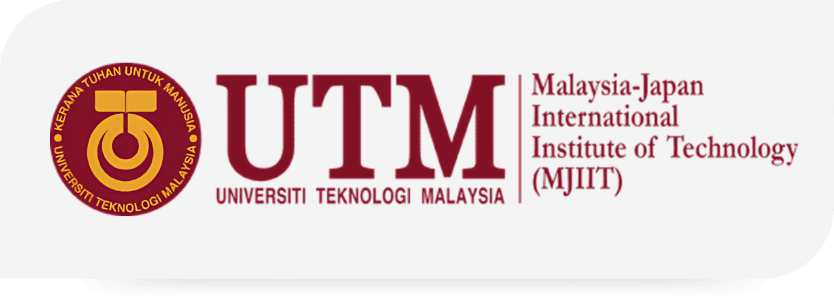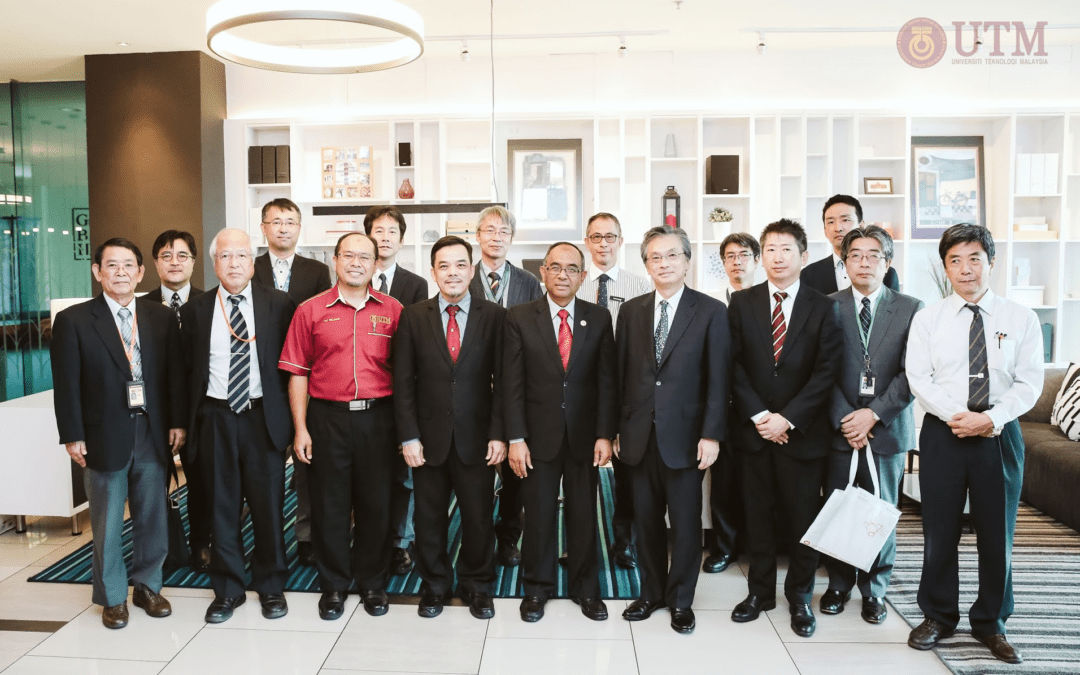
by webmaster | Dec 4, 2019 | MJIIT Events, MJIIT On Media, MJIIT Staff Events
KUALA LUMPUR, 3 December 2019 – Malaysia-Japan International Institute of Technology (MJIIT) was honoured to graciously receive His Excellency Hiroshi Oka, the Ambassador of Japan to Malaysia for his inaugural visit to MJIIT. Accompanying H.E Oka were Minister Kaname...
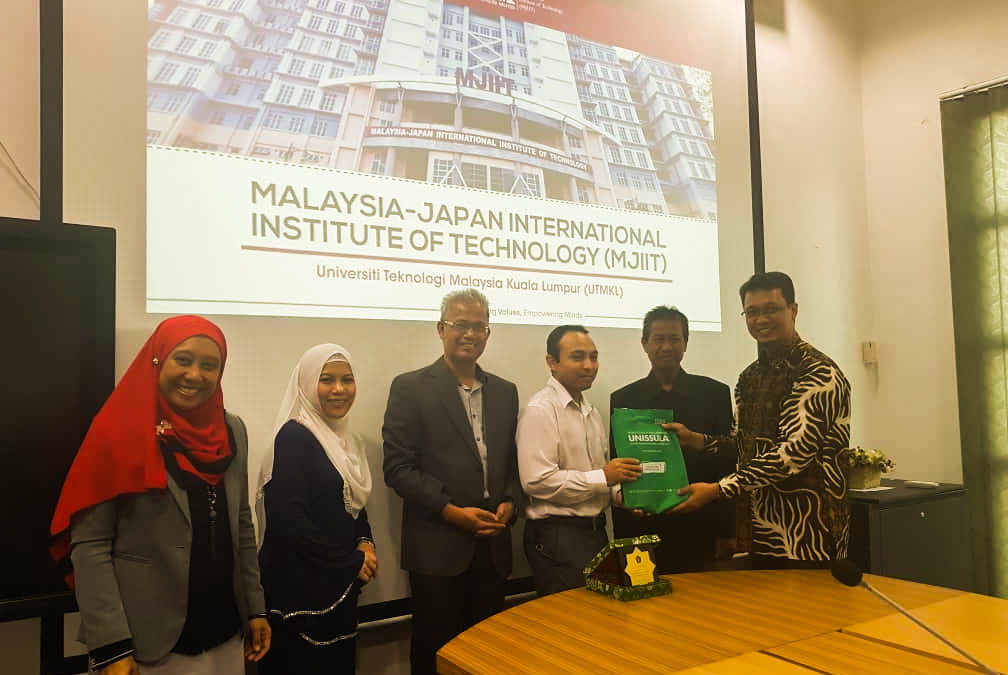
by webmaster | Nov 7, 2019 | MJIIT Events, MJIIT On Media, MJIIT Staff Events
6 November 2019, MJIIT UTM – The Management of Technology team of MJIIT UTM hosted the Dean of the Graduate School and his delegates from UNISSULA, Universitas Sultan Agung Semarang, Indonesia yesterday to initiate talks on collaborations in interdisciplinary...
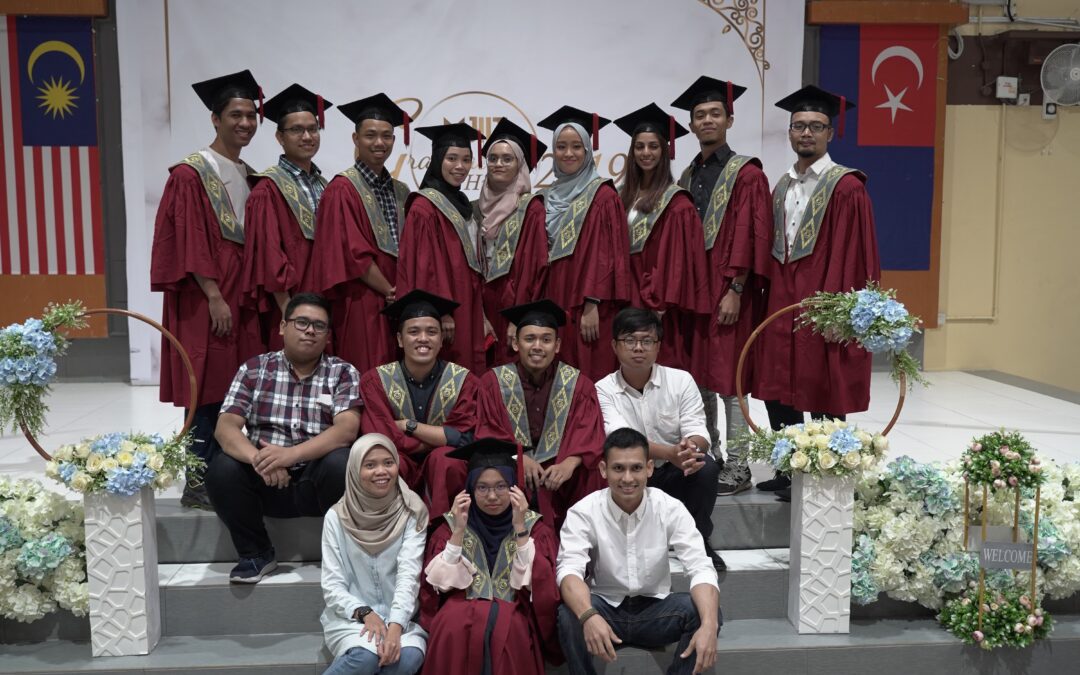
by webmaster | Nov 7, 2019 | MJIIT Events, MJIIT On Media, MJIIT Staff Events, MJIIT Student Events
3 November 2019, UTM Skudai – Last week was an entire week of celebrations for MJIIT UTM graduates. Families and friends were together in UTM Johor to congratulate and to share the heartfelt moments. MJIIT wishes to share these moments in an album and...
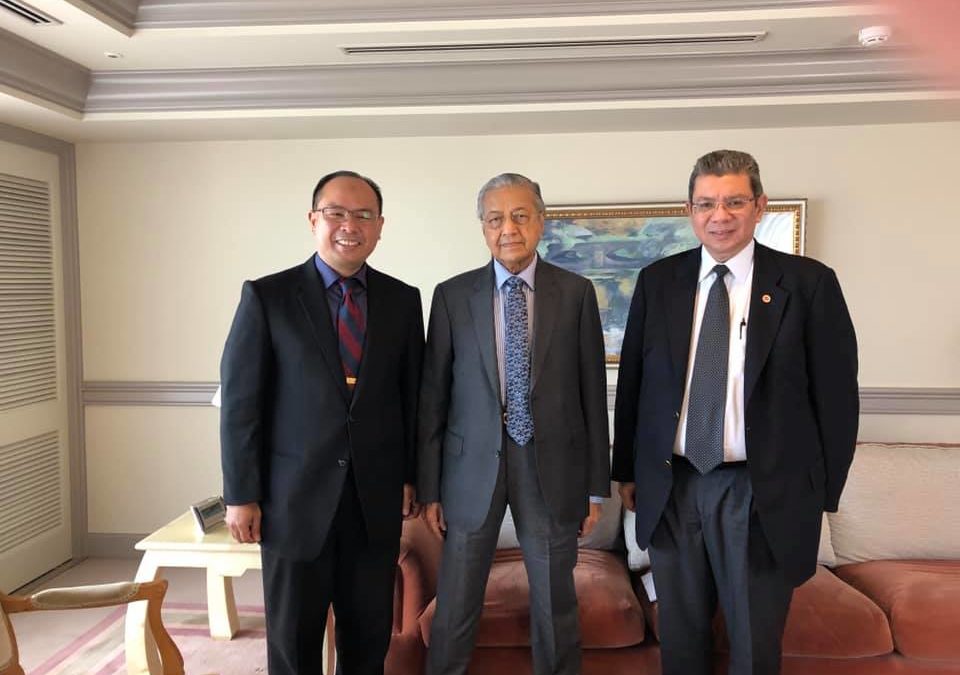
by webmaster | Aug 13, 2019 | MJIIT Events, MJIIT Staff Events
Malaysian Prime Minister YAB Tun Dr. Mahathir’s visit to Japan last week further symbolizes the vast potential Malaysia & Japan could learn from each other. Malaysia-Japan International Institute of Technology MJIIT UTM’s moving forward strategy is to...
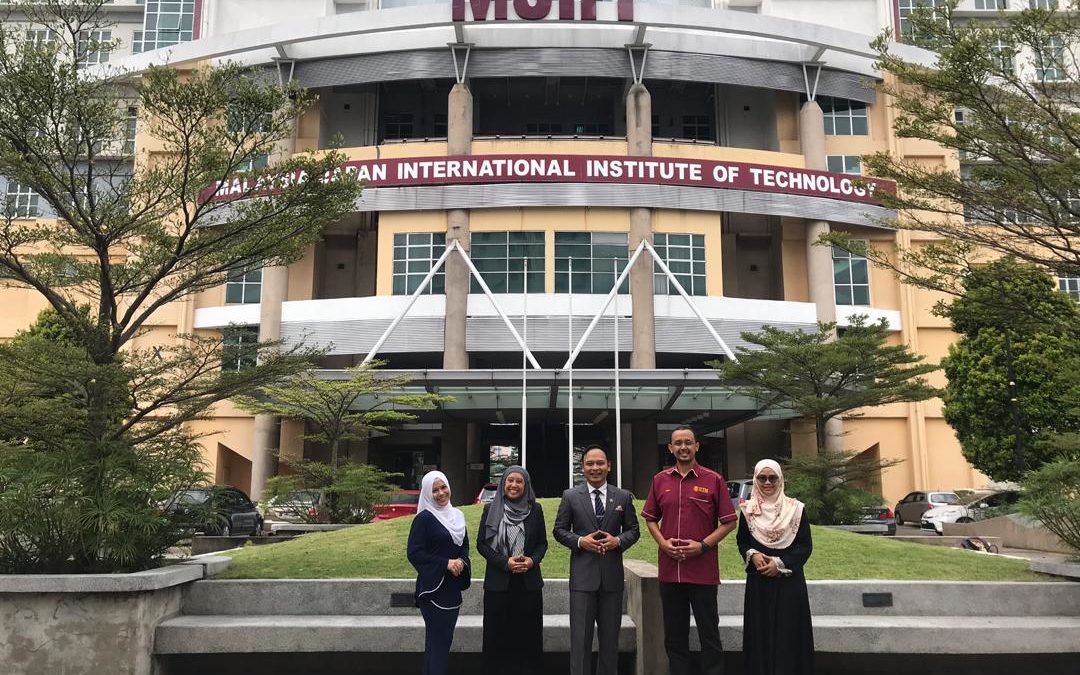
by webmaster | Aug 13, 2019 | MJIIT Events, MJIIT Staff Events
From left: Dr. Akbariah Mohd Mahdzir, Dr. Rahayu Tasnim, Mr. Rudy Ludinata, Mr. Zurik Azaham, Dr. Sumiaty Ambran One of the branding initiatives of MJIIT is to strengthen and upgrade the “ABC’s” of our support mechanism, and in particular, the...

by webmaster | Aug 6, 2019 | MJIIT Events, MJIIT Staff Events, MJIIT Student Events
May 9, 2019 – Malaysia-Japan International Institute of Technology (MJIIT), UTM Kuala Lumpur hosted the kick-off meeting for Collaborative Education Program for Sustainable Environmental Engineering Network (CEP-SEEN). The kick-off meeting was chaired by...







